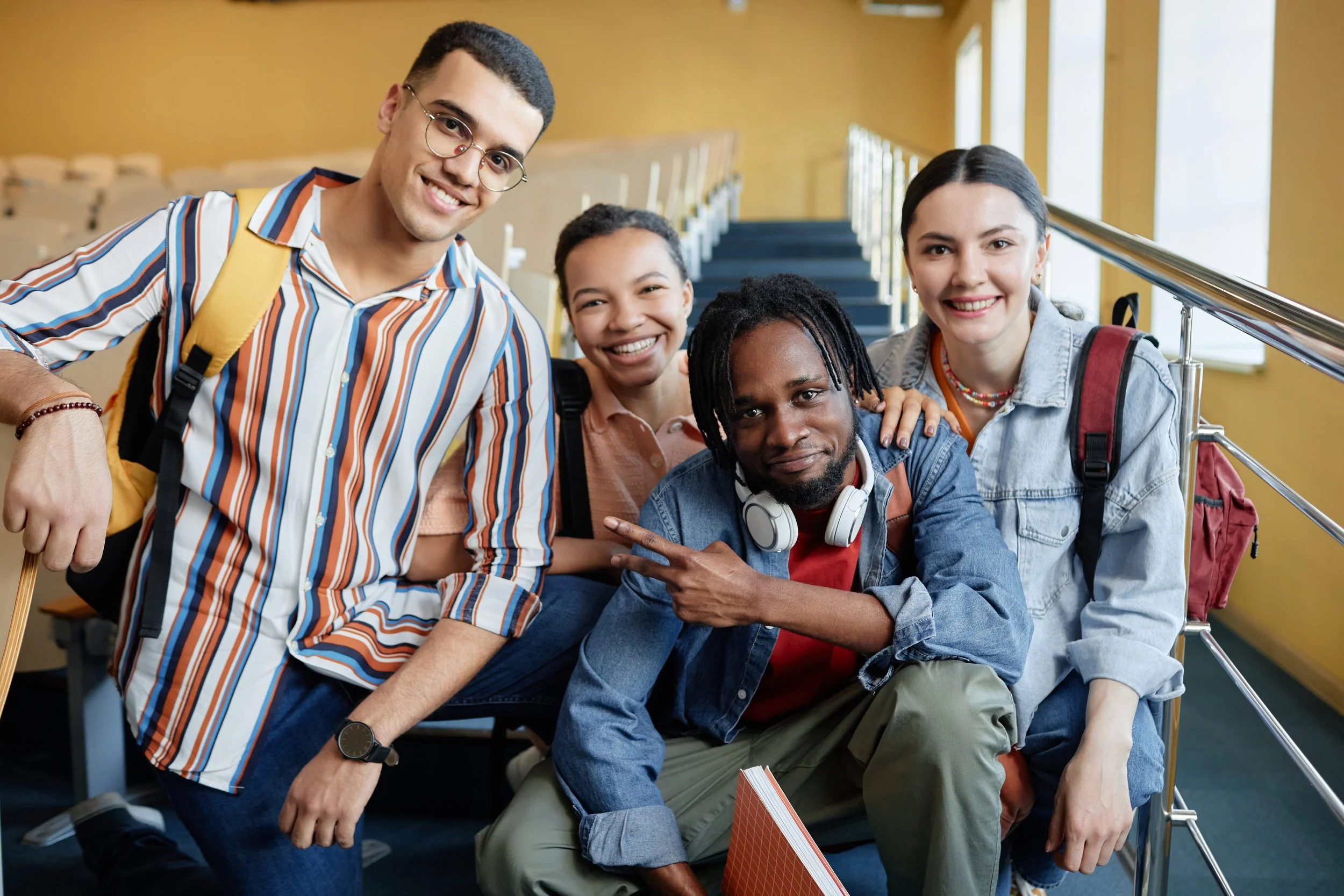What Student Veterans and Younger Classmates Learn Together
Walking onto campus as a student veteran can feel strange. You might immediately notice that most of your classmates are younger than you. You may feel out of place, like you don't fit the typical mold of a college student. That "fish out of water" feeling is real.
But here's the good news: your experience as a veteran and an older adult learner is not a disadvantage. Actually, it's an asset. In fact, your presence can enrich group work, leadership opportunities, and class discussions in ways that benefit both you and the younger students around you.
Here’s how you can make the most of learning alongside a younger generation—and what you’ll gain in return.
1. Maturity Strengthens Group Projects
Q: How can student veterans help younger classmates in group work?
Your background gives you a natural ability to organize tasks and keep teams on track. Many younger students bring energy and creativity, but may not have as much structure. When you combine those strengths, projects run smoothly and produce stronger results.
Q: What do veterans gain from working with younger classmates?
They often see problems from new angles. Their creativity and willingness to try new approaches can balance your structured mindset, making the group more innovative.
2. Leadership Looks Different Here
Q: What kind of leadership works best in college?
Unlike the chain of command in the military, academic leadership is about collaboration and influence. You already understand responsibility and initiative; those traits make you a strong role model.
Q: How can you practice this new kind of leadership?
Guide presentations, coordinate projects, and encourage others to contribute. Shared leadership creates respect and trust, which are valuable in college and civilian careers.
3. Perspective Enriches Class Dialogue
Q: Why do veterans add value to classroom discussions?
Your experiences—travel, teamwork, managing stress—bring depth to topics that younger classmates may only know from books. That perspective can push conversations further.
Q: What do you gain from their input?
Younger students bring cultural awareness, new ideas, and fresh perspectives. Listening to them can expand your worldview as much as your stories expand theirs.
4. Patience and Resilience Set the Tone
Q: How does military experience help in high-stress college situations?
You've faced pressure and uncertainty before, which makes you steady when challenges arise. That calm approach can ease tension in group settings.
Q: Why does this matter for classmates?
Seeing you stay collected helps younger students manage stress in exams, deadlines, or personal struggles. Your resilience becomes a quiet form of leadership.
5. Learning Goes Both Ways
Q: Do student veterans really learn from younger classmates?
Yes. They often have strong technical skills, are fluent in new platforms, and bring awareness of current trends.
Q: How do you benefit from asking for their help?
Being open to learning from them builds mutual respect. It also keeps you current, adaptable, and more connected to the civilian world you're preparing to enter.
Being older than your classmates may feel uncomfortable initially, but it's one of your greatest advantages. You bring maturity, resilience, and leadership to the classroom. In return, younger students share energy, creativity, and technical know-how. Together, you create a stronger learning environment that benefits the entire campus community.
Your service experience prepared you to thrive in diverse groups. College is your chance to use that skill in a new way: bridging generations and shaping a richer, more purposeful college journey.

